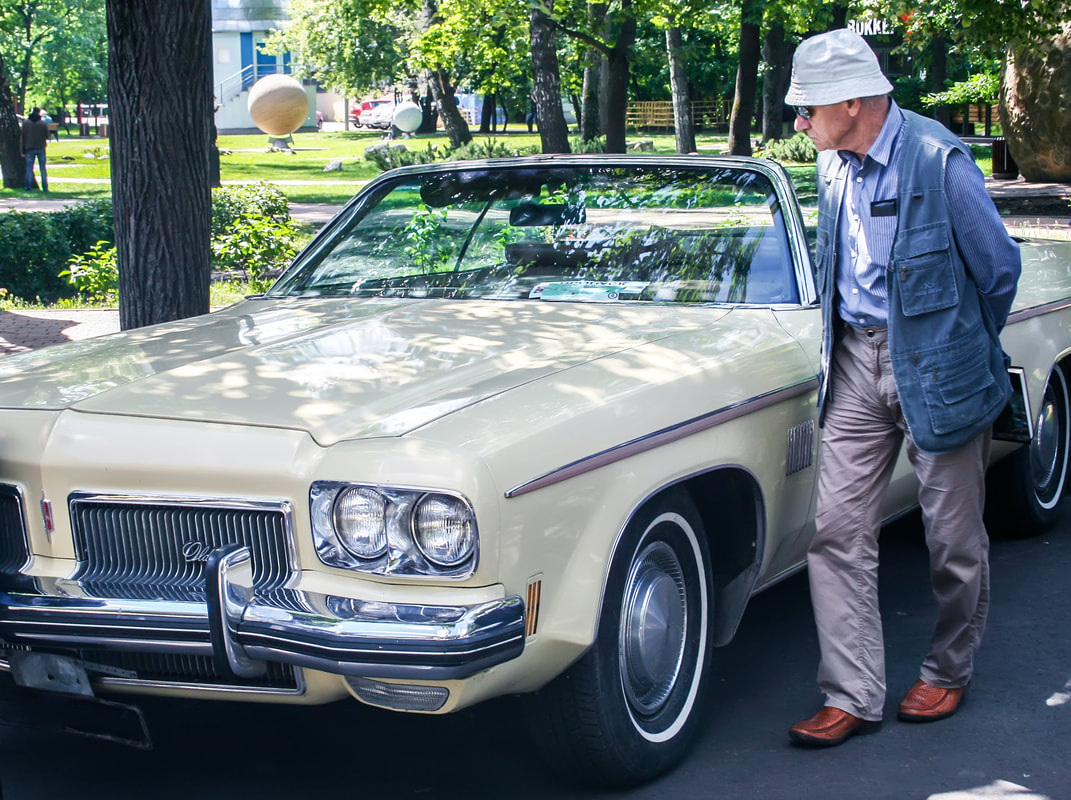The Risks
When you think back over the miles you’ve driven in your lifetime, you can hardly believe it. Whether you learned to drive on a dirt road or in a crowded city, you might not have considered the risks involved when you took the wheel. If someone else was driving, your parents would certainly want to make sure they were responsible. Who could have seen down the road that eyes could fail, that reflexes would dull over the years? Based on miles driven, older drivers have higher rates of fatal crashes than any other group.
Signs
One of the earliest signs that it's time for you to stop driving is failing eyesight. If you are diagnosed with glaucoma or other debilitating eye problems, it is probably a sign that it's time to put your car keys away for good. Forgetfulness is one of the main reasons some elderly people cause car accidents. They forget which pedal is the gas and which is the brake. If you suffer from frequent tremors or seizures as with advanced Parkinson's disease or epilepsy, you probably should not be driving. Your doctor will look at your individual disease and situation and let you know for sure.
Coming to Terms With the Truth
One of the most heartbreaking parts of watching a loved one getting older is having to tell them it's time to stop driving. If you are that loved one and you are still sharp mentally, it can be especially difficult to hear. Regardless of how gently and lovingly it's done, it's a milestone you don't want to reach.
Accepting the fact that it’s time for you to stop driving might be a difficult transition for you. For your whole adult life, you’ve been able to take yourself wherever you wanted without relying on other people. You might feel a loss of independence and frustration that you have to be driven around by other people. Unfortunately, things have changed, and you have had to make concessions that you don't like. Even though it might be something that you don’t want to do, it’s important to come to terms with the fact that it’s time for you to stop driving in order to preserve the safety of yourself and others.
Here’s another article you might like:
What to Look Out for While Planning Your Retirement

 RSS Feed
RSS Feed
